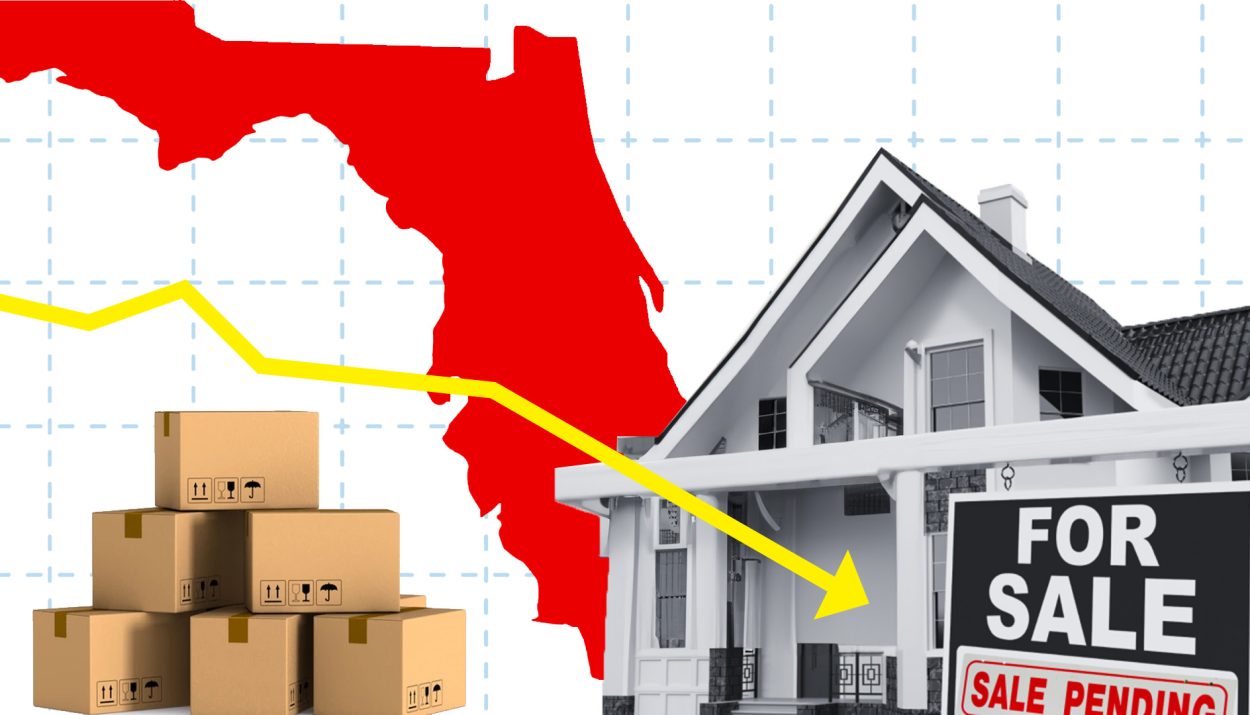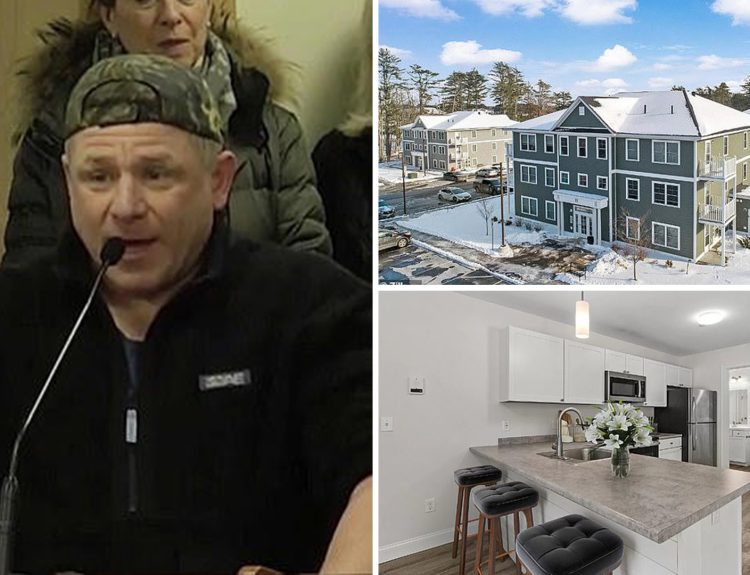Zillow recently released statistics on its home-selling platform, and the people who are most likely to list their homes come from Florida. According to the site, Floridians seem to be among the platform’s most “motivated” sellers. Let’s examine why people are trying to leave Florida.
Motivated Sellers May Accept Less
Motivated sellers, according to Zillow, are homeowners who are likely to accept less for their houses. These motivated sellers tend to be those just looking to get something from their homes before they leave the city or the state.
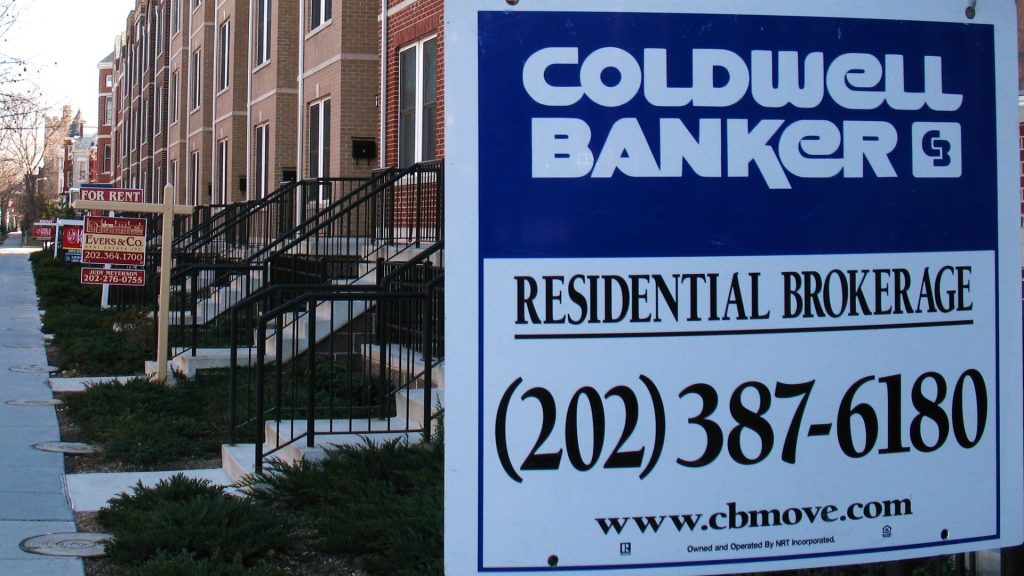
Research suggests that these motivated sellers may have many factors affecting their decision to settle for lower prices. Among the most common reasons are debt, bankruptcy, divorce, job relocation, or a host of other personal issues.
Florida’s Numbers Tell A Story
On average, Florida has around 4,925 “motivated” sellers. This number is far more than that of other states and suggests that there may be more to this than meets the eye. Some commenters on Twitter/X noted that there were many more of these sellers in Florida than in other states.
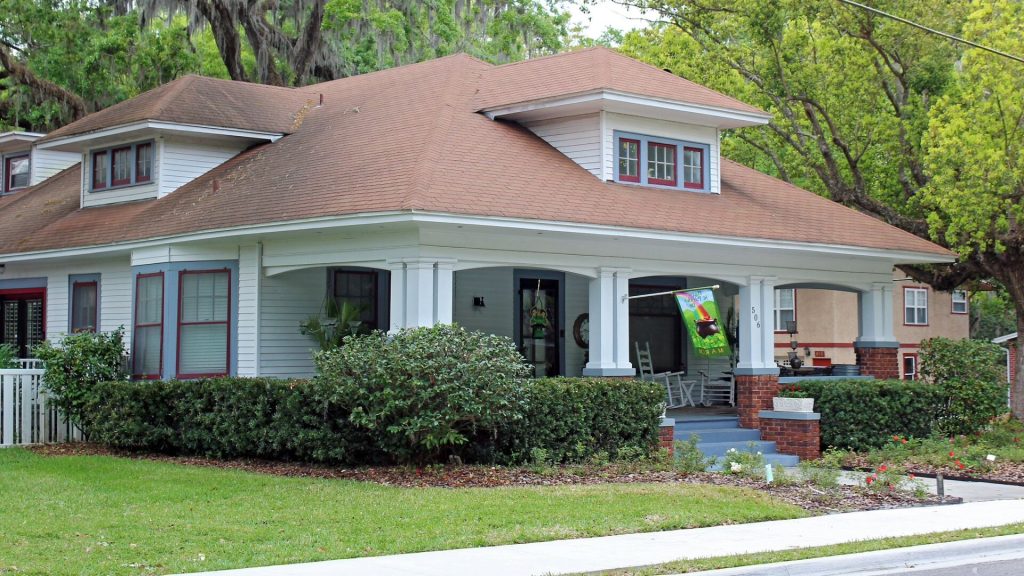
Despite both California and New York having many people looking to sell and move out of these locations, their numbers were far behind Florida’s. New York’s motivated sellers topped out at 424, with California demonstrating 1,066 motivated sellers.
Florida’s Numbers May Be Due To Tourism
Real Estate experts have noted that one reason Florida has more sellers is because the area is filled with vacation rental homes. Sometimes, these owners decide to sell the vacation home because they no longer use it or need more money.
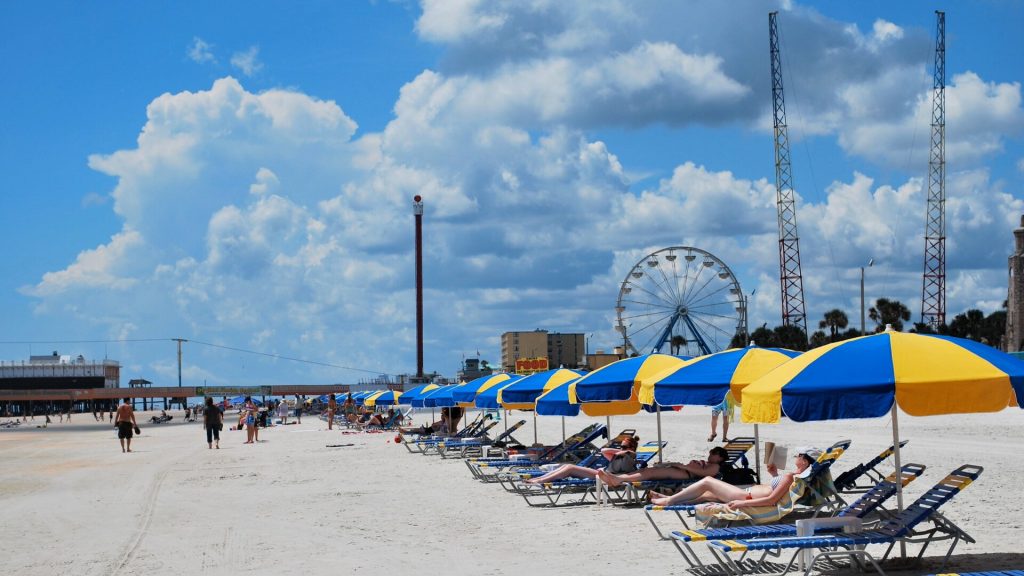
Additionally, Florida is a pretty large state by land size. Comparatively, Florida has around 202,000 properties, while New York only has 42,000 and California has a modest 73,000. This difference in numbers may also contribute to why more motivated sellers exist in Florida.
Motivated Sellers Want To Move Property Quickly
Generally, when someone is selling a property as a motivated seller, they are willing to take any reasonable offer for their property. According to what economists say about the market, a motivated seller just wants to move their property and isn’t concerned with the current fair market value.

Cities in Florida like Fort Lauderdale, Miami, and Orlando showed about a thousand motivated sellers apiece. These locales tend to be some of the most popular places to live, so the decision to sell properties here (significantly below market value) seems terrible from an economic perspective.
Some People May Be Cashing Out
Florida has seen an uptick in its standard of living, and over the last decade, property prices have increased year after year. For those who own a home in the state, the prices may entice them to sell their property and cash in on the increase in value. However, there may be another darker reason for motivated sellers.

Home insurance has also been more difficult for some Floridians to get or afford. While the State aims to do something about this, the high insurance cost may force some to accept whatever they can get for their houses. Paying the insurance fees on those properties may be too much.
No Great Increase In the Big Picture
The number of listings has skyrocketed over the last year, but if we step back a bit, we begin to see a different picture. The number of listings around this time is similar to those around three to five years ago at the same period of the year.

This suggests that last year was the anomaly, and the number of motivated buyers seems to have recovered since then. Even so, the financial climate is not favorable for sellers putting their houses on the market.
Mortgage Rates Remain High
Over 2023, the Federal Reserve’s rate hike on mortgages saw rates hit massively high rates. However, the Fed has noted that as of December 2023, its rate hike is over. Even so, the elevated mortgage rates are a barrier to lenders being able to afford houses on the market and make it harder for sellers to find qualified buyers.
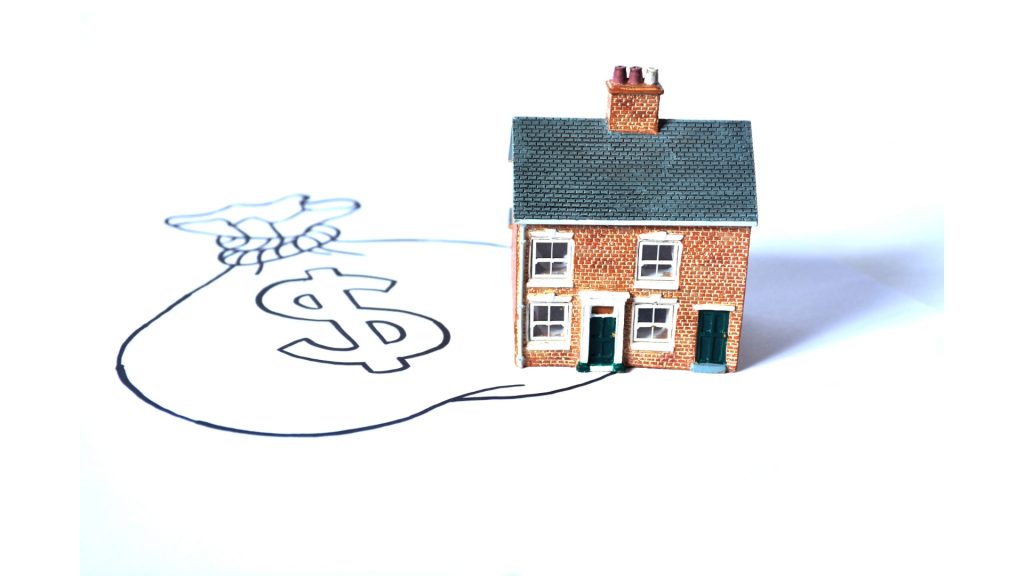
Yet these high rates don’t seem to be going anywhere. It may add a layer of certainty to an otherwise uncertain housing market. People will have to get comfortable with the rates being where they are now and potentially declining over the next few years.
Massive Home Insurance Costs May be Bankrupting Owners
A serious issue facing many Floridians is their current state of homeowner insurance. Over the last year, the insurance rates have doubled in some areas, putting owners in a precarious financial situation.

Florida is known for being prone to hurricanes, and natural disasters have increased significantly over the last five years. Some experts believe that climate change is driving much more devastating tropical storms in the region. Homeowner’s insurance rates have climbed as a result.
Higher Premiums have Homeowners Backtracking
Florida’s homeowner’s insurance costs are the most expensive in the country. Some rates can climb to $6,000 per year to insure a home. While no map outlines the price increases in individual areas around the state, reports about the level of increases have been alarming.

Because of these massive rate hikes, many homeowners have to settle for what they’re getting. If they can’t afford proper homeowner’s insurance, the next hurricane or tropical storm that makes landfall in the state could decimate their property.
Still Plenty of Buyers
Florida still remains one of the best places in the country to own a vacation home. Because of the number of motivated sellers, many buyers will likely shell out to own one of these homes, primarily if they’re located in or near major cities.
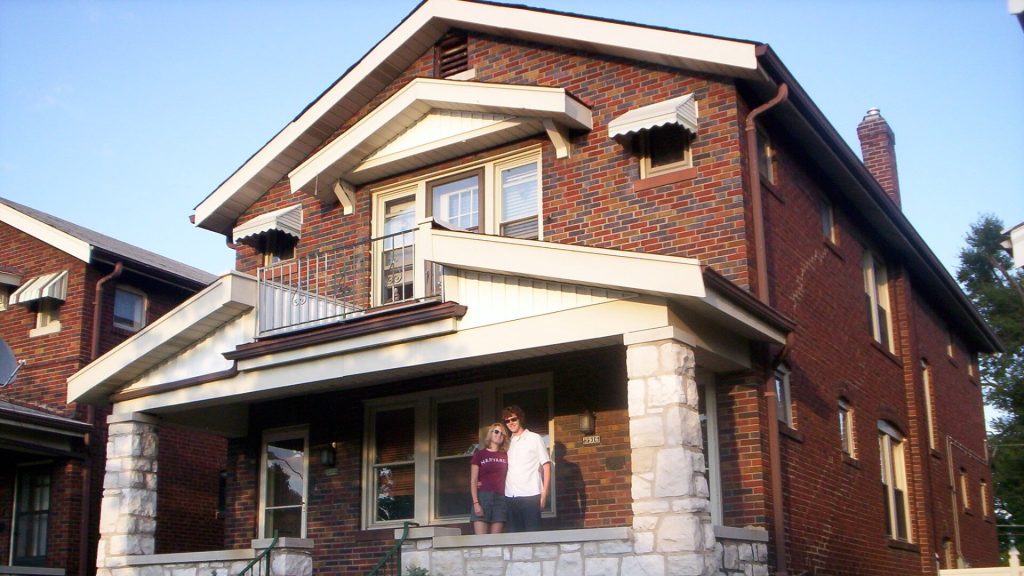
However, many of these buyers are also unaware of how much they’ll likely have to pay for homeowner’s insurance. When the shoe drops, they might consider selling the property because they can’t afford the insurance. If the state manages to push through legislation to cover homes with public insurance more comprehensively, it may offer some relief.

